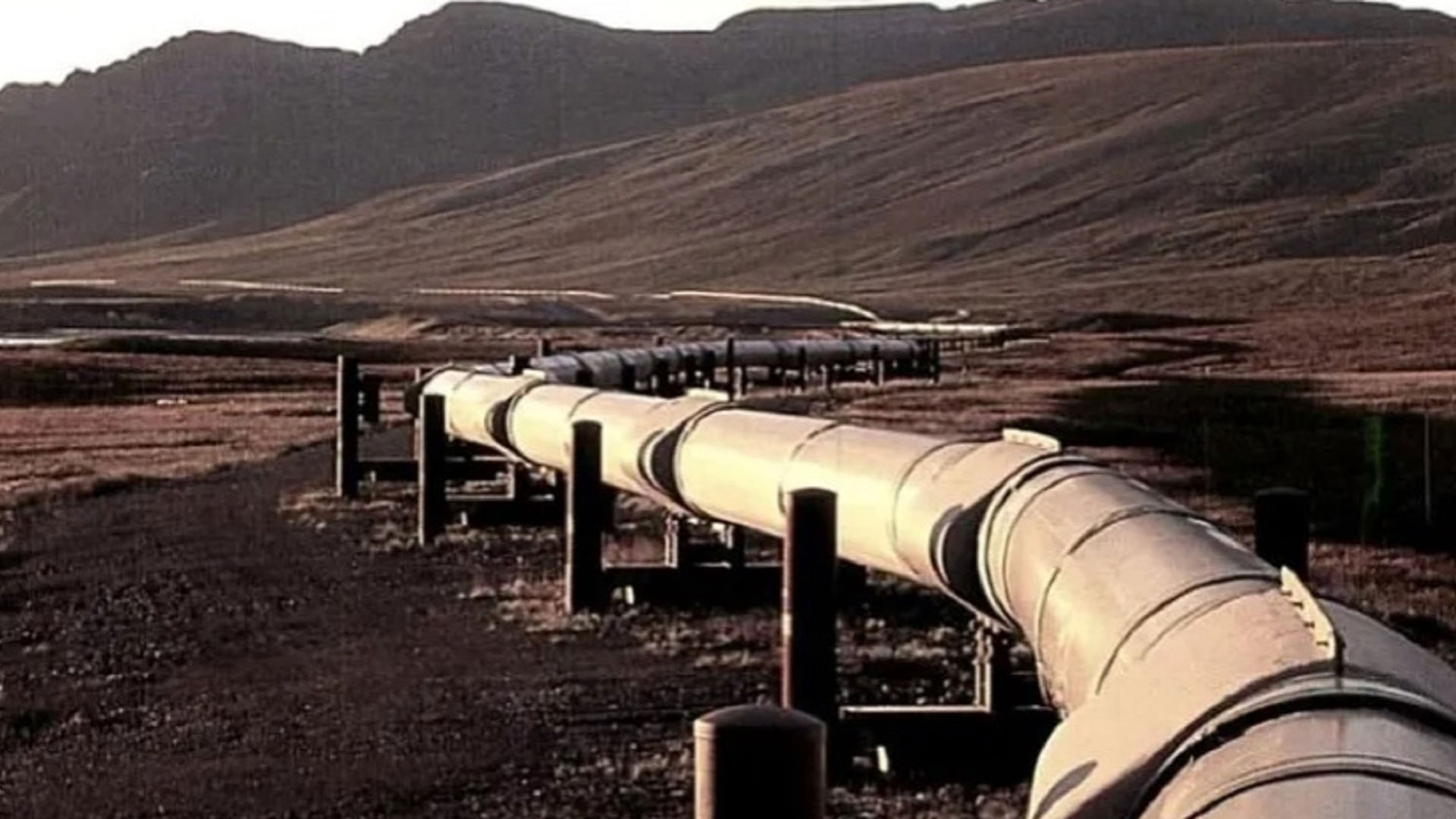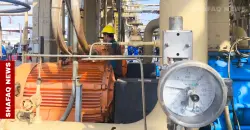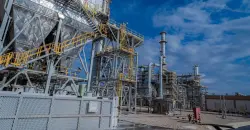European Oil Refineries Struggle with Loss of Russian and Kurdistan Region's Oil Supplies

Shafaq News/ European oil refineries, already operating without shipments of Russian oil for a long time, are now facing a similar loss of supplies from the Kurdistan Region's oil and a sudden reduction in production from the world's largest producing country.
Since the invasion of Ukraine in February 2022, oil flows from Russia, the former European Union's largest supplier, have fallen by over one million bpd, amid continued tightening of sanctions.
The impact of these reductions has become more severe due to the suspension of Kurdistan oil shipments that reach Europe through the Turkish port of Ceyhan on the Mediterranean.
Meanwhile, the OPEC+ coalition, including Russia, announced imposing supply restrictions, starting next May, to reduce production by about 1.6 million barrels per day by July.
The grades of Russian and Iraqi oil are characterized by the same density and quality of sulfur, and refineries in Asia, especially in China, are working to increase the demand for this oil, which is called medium-sulfur oil and is a basic crude in their activity.
Since the spring of 2022, Europe has offset at least a quarter of Russian supplies by importing crude oil from the Middle East, according to Energy Aspects. However, there is currently another obstacle in the Middle East.
Since last month, the flow of about 450,000 barrels per day of crude oil supplies from the Kurdistan Region has stopped flowing, amid a dispute over oil revenues.
Last March, tanker tracking data showed that at least 169,000 barrels per day of Kurdistan Region oil were shipped - through the Turkish port of Ceyhan - to European Union countries. The restrictions add to the tightening facing medium-sulfur crudes, as producing countries in the Middle East also use a large amount of their oil to boost processing activity in new local refineries.
Across the Mediterranean, the prices of grades such as Iraq's Basra Medium, which are usually much lower than other grades due to their sulfur levels, have risen to a level that many dealers consider prohibitively expensive. As a result, the Greek refiner Hellenic Petroleum SA launched a rare tender - the first in two years - to buy spot supplies of Basra Medium crude. Some traders believe that this step indicates a lack of supply of this commodity in the spot market amid the interruption of the flow of crude from the Kurdistan Region.





